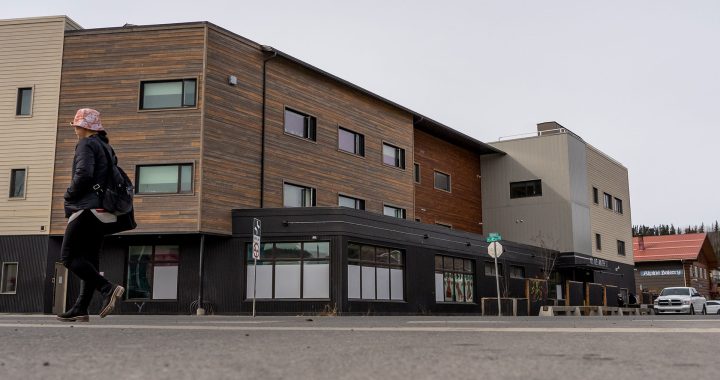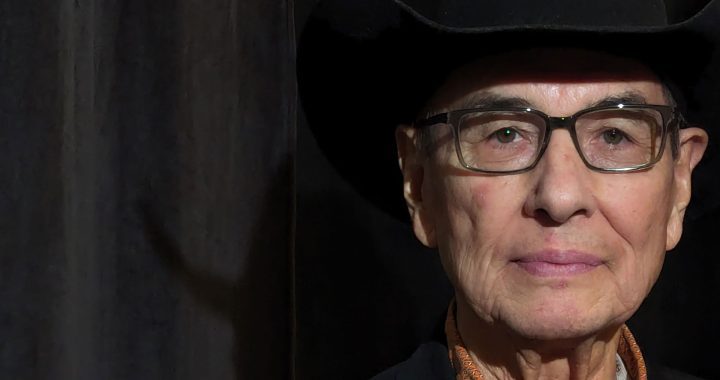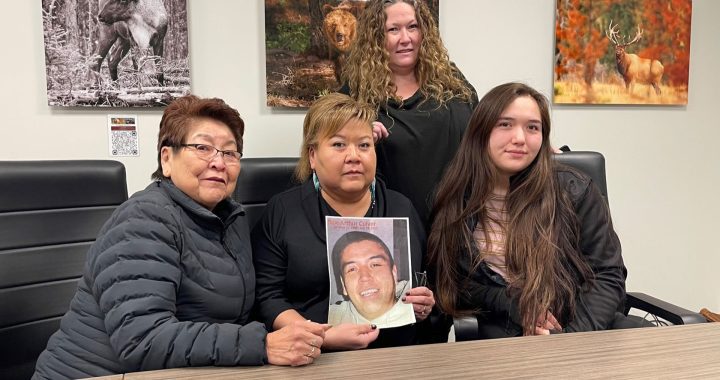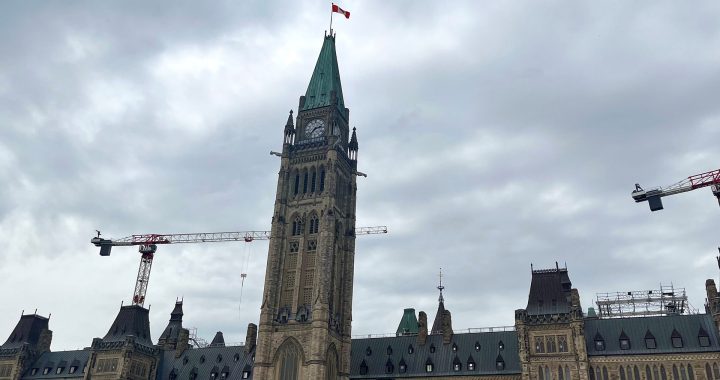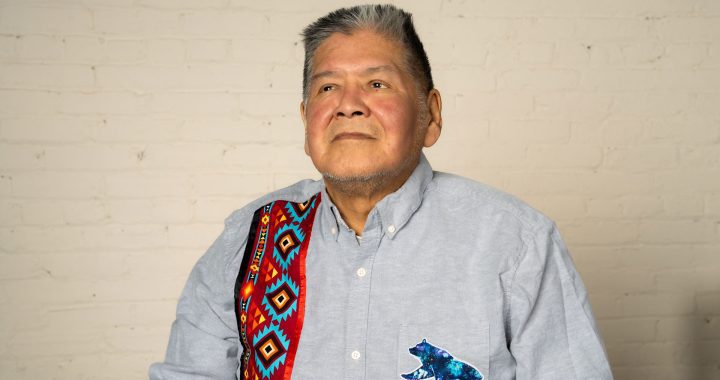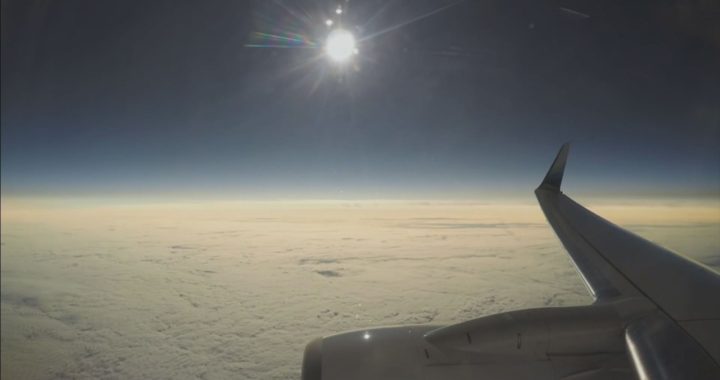The return to Algonquin country was a long strange trip. It was a story that gestated for over a year and across two seasons of our show. I first visited in April 2023.
The term “Pretendians” was and still is a hot button issue. I can honestly say I was flabbergasted to find out thousands of people might not be who they said they were. As someone from the West Coast, I can’t imagine how this could happen.
I’m Musgamagw Dzawada’enuxw. Our culture was shredded by colonialism. Just like every other Indigenous culture, we are rebuilding. But with that, there are missteps. Controversies arise over who owns dances, names. Who are the proper hereditary chiefs? Territorial claims are disputed. With it always comes hurt feelings.
Deep down I believe inside all of us is this unbearable sense of loss. We struggle to live our true selves in the wake of all this loss. When it works it’s beautiful. When it doesn’t there is anger.
Having said all that, one thing we haven’t had to deal with is someone walking into the Bighouse claiming to be one of us, who wasn’t.
I couldn’t imagine living amongst thousands.
It’s what drove my interest in this story. The people who would talk were angry and outraged. But it’s been an issue for so long that it was somewhat normalized.
On my first visit I underestimated the vastness of Algonquin territory. My colleague Tom Fennario and I put in hours and well over a thousand kilometers of driving through eastern Ontario. There are more than 30,000 thousand people who claim Algonquin heritage with homelands split by the Ontario-Quebec border. Our story focused solely on the Algonquins in Ontario, but still, that included over 30,000 square kilometers of traditional territory.
This is when I first met the Gould-Yateman clan. Descendants of chief John Baptiste the Kijiko Manitou tribe. They claim an area around Baptiste Lake north of Peterborough, Ont. I heard the story of how a woman ingratiated herself into the community and became a leader. The Gould family never trusted her and feel she usurped their mother’s role as Matriarch.
It was a story too big to fit into my first story Identity Check.
I knew I had to come back.
My return to Algonquin Territory coincided with the results of the tribunal promised in Identity Check.
Nearly 2,000 people were found to not have any ancestral connections to the Algonquin.
At the same time a new group is asserting their claim. The Allied tribes of Amikwa Nippising contend they are a forgotten people. They are claiming lands that include Algonquin territory. They are building up their membership. And will accept those who self-identify as Indigenous including those just kicked out of the Algonquins of Ontario.
The entire mess began as a land claim back in the ‘90s. The Pikwàkanagàn First Nation entered into talks as the only federally recognized Algonquin First Nation in Ontario. But both the Ontario and Canadian governments insisted the non-status Algonquins be included. This led to the formation of the Algonquins of Ontario. It created the criteria that allowed people to self-identify as Algonquin if they could trace their lineage to one root ancestor.
Some who were alive two to three hundred years ago. This opened the door to thousands of people who would benefit from the land claim who were in fact non-Algonquin.
Of course, we wanted to interview leadership. They declined to speak. In fact saying no as I was getting on the plane to head east on my first story. But just recently, Chief Greg Sarizan did reach out. Too late to be included in the TV story but that interview can be found here:
APTN Investigates interview with Chief Greg Sarazin:
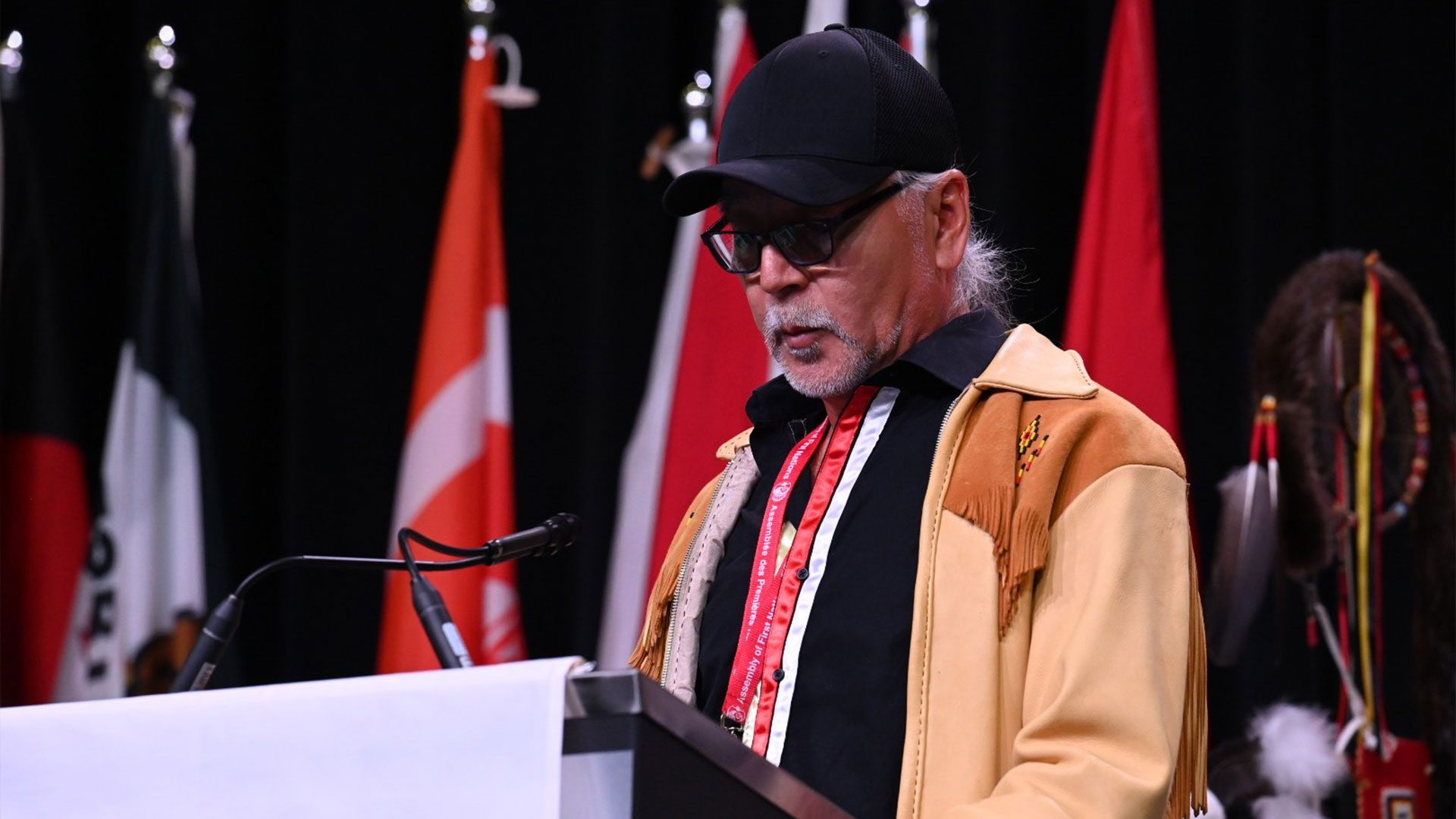
APTN: Okay. I know things are, you know, in flux right now. Sources are telling me that the AOO [Algonquins of Ontario] will dissolve and, you know, a new negotiating body will be formed and communities have been advised to get their own legal representation.
Sarazin: Well, first of all, I don’t know who your sources are, but the only thing that I can say from Pikwàkanagàn’s point of view is that treaty negotiation structures are always being reviewed, and in particular, with the Algonquin issue we want to make sure that all the Algonquins in Ontario are best represented in any structure. So, reviews happen all the time. And while reorganization is possible, it has not yet been decided.
APTN: Now the thing that seems to be at, excuse the pun, the root of the issue are rules and the protocols in terms of becoming a beneficiary and this, this system of relying on root ancestors. I’m wondering if you are in favor of revamping that entire way of identifying Algonquin beneficiaries.
Sarazin: The negotiation process has been kind of stalled for a while. And one of the things that we need to do is have a look at the beneficiary criteria, the proposed beneficiary criteria, and to review it and to make sure that it stands up to scrutiny. We need to make sure that the Algonquin beneficiaries are people who are legitimately and legally considered as Algonquin persons. So it will take a review, of course. And that beneficiary criteria is only proposed and it has not passed, scrutiny by the membership of the Algonquins of Pikwakanagan. We need to have a look at it. We need to review it. And we need to make sure that we feel comfortable that our membership endorses the beneficiary criteria as we move forward.
APTN: What are you what are your personal feelings about all this? It must, make you shake your head at times. Or is there a sense of frustration?
Sarazin: Well, I guess, I don’t have personal feelings anymore. I’m The chief of Pikwàkanagàn and that being said, I have to act on behalf of the Pikwàkanagàn and to make sure that Pikwàkanagàn rights are being respected and adhered to as we move forward. The, tribunal has determined that certain ancestors were in fact erroneously placed on the list and were in fact not Algonquin. And, that being the case, or the number of persons who were erroneously enrolled as a result. And then those people then, actually, as you are aware, played a pivotal role and or at least an important role in decisions that were made over the number of years. So all of those things need to be looked at they need to be examined. And of course, they need to be reviewed and accepted by the membership to make sure that it is what the membership wants.
APTN: Not only people who voted, but people who negotiated are now out. Doesn’t that put the entire last 20 years into doubt? Doesn’t that put in the AIP itself under doubt.
Sarazin: Almost certainly. Everything now was up for question. And the, the issue will require some scrutiny to find out what commitments were made. The whole legitimacy of the agreement in principle is now in question. One of the things that we have to keep in mind is, Canada and Ontario have always made a point of pushing the AIP from the perspective that it is non-binding, So that being the case, anything that’s contained in it is up for review






